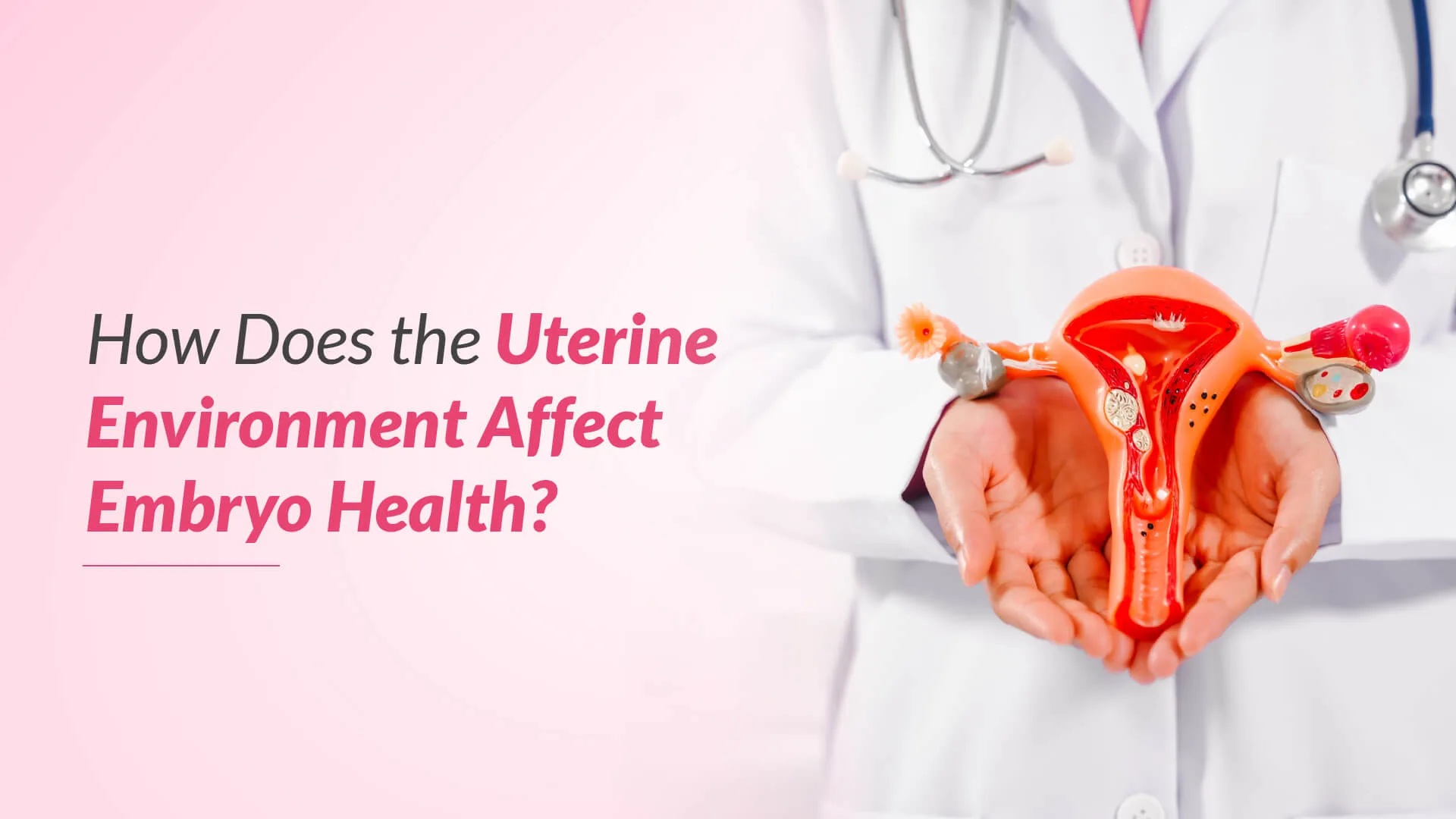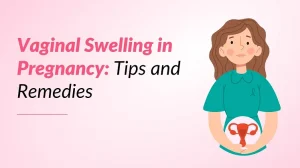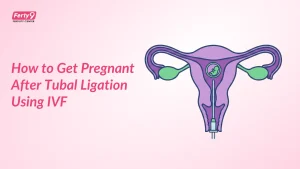The uterine environment is an essential component for determining the success of embryo implantation and subsequent healthy development. A well-balanced uterine environment is vital to providing the optimal conditions for an embryo to thrive. This article takes us through the various factors that influence uterine health and their impact on embryo viability.
Also read: Can Music Improve Embryo Implantation?
What is the Uterine Health Environment?
The uterine health environment refers to the overall conditions within the uterus, including hormonal levels, the quality of the endometrial lining, blood flow, and the absence of any underlying medical conditions or structural abnormalities. A healthy uterine environment is crucial for successful embryo implantation, growth, and development.
Suggested read: Tips for Maintaining Optimal Vaginal Hygiene
Factors Affecting Uterine Health
Several factors can influence the uterine health environment, including:
- Hormonal imbalances
- Chronic medical conditions
- Lifestyle factors (e.g., smoking, obesity, stress)
- Age
- Exposure to environmental toxins
- Genetic factors
Maintaining a balanced and optimal uterine environment can increase the chances of a successful pregnancy.
Common Uterine Conditions that Affect Embryo Health?
Polycystic Ovary Syndrome (PCOS)
It is a hormonal disorder that can disrupt ovulation and lead to an imbalance in reproductive hormones, such as oestrogen and progesterone. This hormonal imbalance can affect the uterine lining and create an unfavourable embryo implantation and growth environment.
Also read: Why Women with PCOS Are at Higher Risk of Endometrial Cancer?
Endometriosis
Endometriosis is where the endometrial tissue (the uterus lining) grows outside the uterus. It often happens on the ovaries, fallopian tubes, or other pelvic organs, leading to inflammation, scarring, and the formation of adhesions, which can negatively impact the uterine environment and embryo health.
Fibroids and Polyps
Uterine fibroids are non-cancerous growths developing in the uterine wall, while polyps protrude from the uterine lining. Both conditions can interfere with embryo implantation and growth by altering the uterine environment and potentially obstructing the fallopian tubes or uterine cavity.
Uterine Anomalies
These are anatomical abnormalities in the uterus, such as a septate uterus (where the uterine cavity is divided by a muscular or fibrous band), which can cause an embryo’s ability to implant and develop properly.
Related read: Signs and Symptoms of Female Infertility
Impact of Uterine Environment on Embryo Health
Hormonal Influence
Hormones prepare the uterine lining for embryo implantation and support early embryonic development. Imbalances in hormones like oestrogen, progesterone, and human chorionic gonadotropin (hCG) can adversely affect the uterine environment and embryo health.
Uterine Lining (Endometrium)
The endometrium, or the lining of the uterus, is where the embryo implants and receives nourishment during the early stages of pregnancy. A thin or inadequate endometrial lining can impair embryo implantation and development.
Blood Flow and Nutrient Supply
Adequate blood flow to the uterus is essential for providing the necessary nutrients & oxygen to the developing embryo. Conditions that impair blood flow, such as uterine fibroids or endometriosis, can negatively impact embryo health.
Uterine Conditions
Underlying medical conditions like PCOS, endometriosis, and uterine anomalies can create an unfavourable uterine environment, leading to reduced embryo implantation rates and an increased risk of miscarriage or other complications.
Environmental and Lifestyle Factors
Exposure to environmental toxins (cigarette smoke, alcohol, or chemicals) can negatively impact the uterine environment and embryo health. Additionally, lifestyle factors like obesity, stress, and poor nutrition can also contribute to an unhealthy uterine environment.
Impact of Fertility Treatments
Fertility treatments, such as IVF or intrauterine insemination (IUI), can affect the uterine environment. Careful monitoring and adjustment of hormonal levels and treatment protocols are necessary to optimise the uterine environment for embryo transfer and implantation.
Impact of Age on the Uterine Environment
As women age, the quality of the uterine environment can decline due to factors such as hormonal changes, reduced blood flow, and decreased endometrial receptivity. This can make it more challenging for an embryo to implant and develop properly.
Genetic and Epigenetic Factors
Genetic and epigenetic factors can influence the uterine environment and embryo health. Genetic variations or epigenetic modifications can impact hormonal regulation, endometrial receptivity, and embryonic development.
Also read: Genetic Testing for Fertility
Ways to Diagnose Uterine Health
Doctors utilise several investigations and diagnostic procedures to evaluate the uterine environment and identify potential issues that may impact embryo health, including:
- Ultrasound examinations
- Hysterosalpingogram (HSG) to assess the uterine cavity and fallopian tubes
- Endometrial biopsy to evaluate the uterine lining
- Hormone testing (e.g., oestrogen, progesterone, hCG levels)
- Laparoscopy or hysteroscopy to visualise the uterus and surrounding structures
Improving Uterine Health for Better Embryo Outcomes
Optimising the uterine environment can improve the chances of successful embryo implantation and healthy embryonic development. Strategies to improve uterine health may include:
- Treating Underlying Medical Conditions: Addressing conditions like PCOS, endometriosis, or uterine anomalies through medication, surgery, or other appropriate treatments can help create a more favourable uterine environment.
- Lifestyle Changes: Healthy lifestyle habits, including a healthy diet, regular exercise, stress management & avoiding exposure to environmental toxins can positively impact uterine health.
- Hormonal Therapy: In some cases, doctors may recommend hormonal treatments (e.g., oestrogen or progesterone supplementation) to regulate hormonal levels and improve the uterine lining for embryo implantation.
- Surgical Interventions: Procedures like removing uterine fibroids, polyps, or scar tissue may be necessary to improve the uterine environment and enhance embryo implantation rates.
- Assisted Reproductive Technologies (ART): Techniques like IVF or IUI, combined with careful monitoring and adjustment of hormonal levels, can help optimise the uterine environment for successful embryo transfer and implantation.
Find Hope and Solutions for your fertility issues — Explore Our Comprehensive Services
ICSI Treatment
PICSI Treatment
Fertility Preservation Service
Blastocyst Culture & Transfer Treatment
Genetic Screening & Testing
Conclusion
The uterine environment can affect embryo health and pregnancy success. Various factors, including hormonal imbalances, underlying medical conditions, lifestyle factors, and age, can impact the uterine environment and potentially compromise embryo implantation and development. By understanding these factors and taking steps to optimise the uterine environment, individuals can improve their chances of achieving a healthy pregnancy & successful embryo outcomes.





























